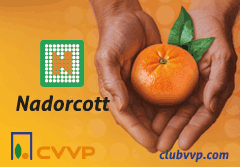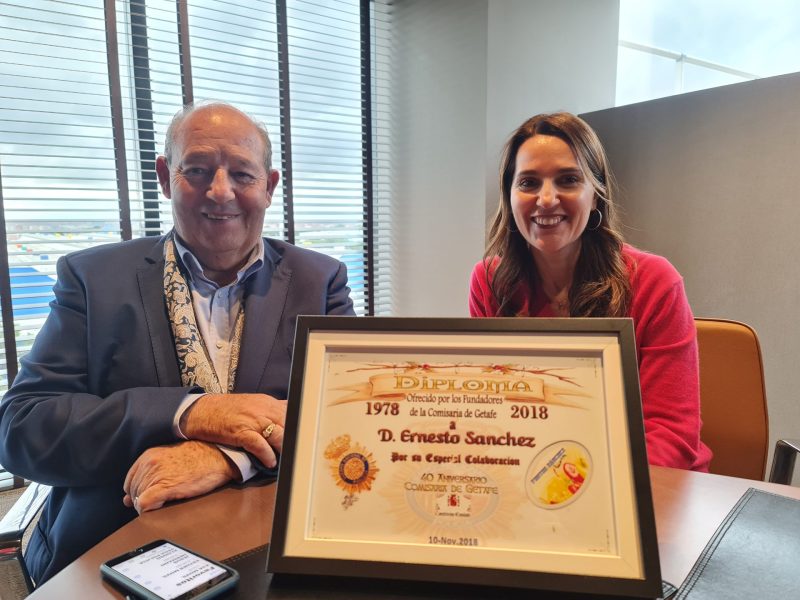A digital restructuring process that will enhance efficiency. ‘This is the shift that companies must undertake: towards a more technical future, with greater control, supervision, and management,’ concludes Esther Sánchez, the company’s CEO.
Under her leadership, the company aims to implement artificial intelligence (AI) projects in the coming years to optimize processes and improve decision-making.
‘It is not an easy task and requires study, development, and many pilot tests before scaling to other areas, but I am convinced that AI will strengthen us as a company,’ says the executive. One of the first steps in this direction has been the integration of a platform in the human resources department, which has improved internal communication and streamlined information management.
‘I believe that the use of artificial intelligence will revolutionize product management, as we will make more precise real-time decisions on distribution and commercialization. In a few years, machines will be able to evaluate hundreds of products and determine which should be sold first, stored, or discarded,’ she explains.
Changing consumption habits
Luis Pacheco, the company’s spokesperson, highlights that fruit and vegetable consumption has changed in recent years. ‘Families are smaller and purchase in smaller formats, often through digital channels. Additionally, new generations shop with less knowledge about products, making the role of the traditional fruit vendor more essential than ever as a product advisor,’ he notes.
In this regard, Ernesto Sánchez, the company’s general manager, points out that inflation has also impacted purchasing habits. ‘Eating healthy has become more expensive than buying ultra-processed food, leading to a division in consumption: the upper class maintains its interest in quality products, while the middle-income population is losing purchasing power,’ he explains. As a solution, Sánchez suggests valuing smaller fruits or those with aesthetic defects, which are still suitable for consumption.
Another significant change in consumption habits is the growing interest in locally sourced and seasonal products. Consumers are increasingly seeking fresh, local foods, appreciating their flavor, quality, and lower environmental impact compared to imported products.
Imports and horeca
Frutas E. Sánchez, one of Spain’s leading importers of Southern Hemisphere fruits, is noticing a shift in consumption trends. While apple imports have declined due to the high availability of domestic and European production, demand for ethnic and exotic products has surged. ‘The growing immigrant population in Spain has driven demand for products like plantain and giant radish, which are staples in their traditional diets,’ explains Pacheco.
RELATED NEWS: Frutas E. Sánchez: a categorical commitment to digitalisation
Meanwhile, the Horeca sector has seen a rise in demand for specialized products such as sprouts and aromatic herbs, which are gaining prominence in modern gastronomy. The search for fresh and sophisticated ingredients by chefs has boosted the market for these products, which previously had a more limited presence.
Commitment to promoting fruit consumption
Aware of the need to encourage fruit and vegetable consumption, Frutas E. Sánchez has sponsored sporting events such as the Madrid Half Marathon, where 60,000 apples were distributed to runners. Additionally, the company has collaborated on solidarity initiatives, such as supporting those affected by the DANA storm in Paiporta by providing fruit to those in need.


















